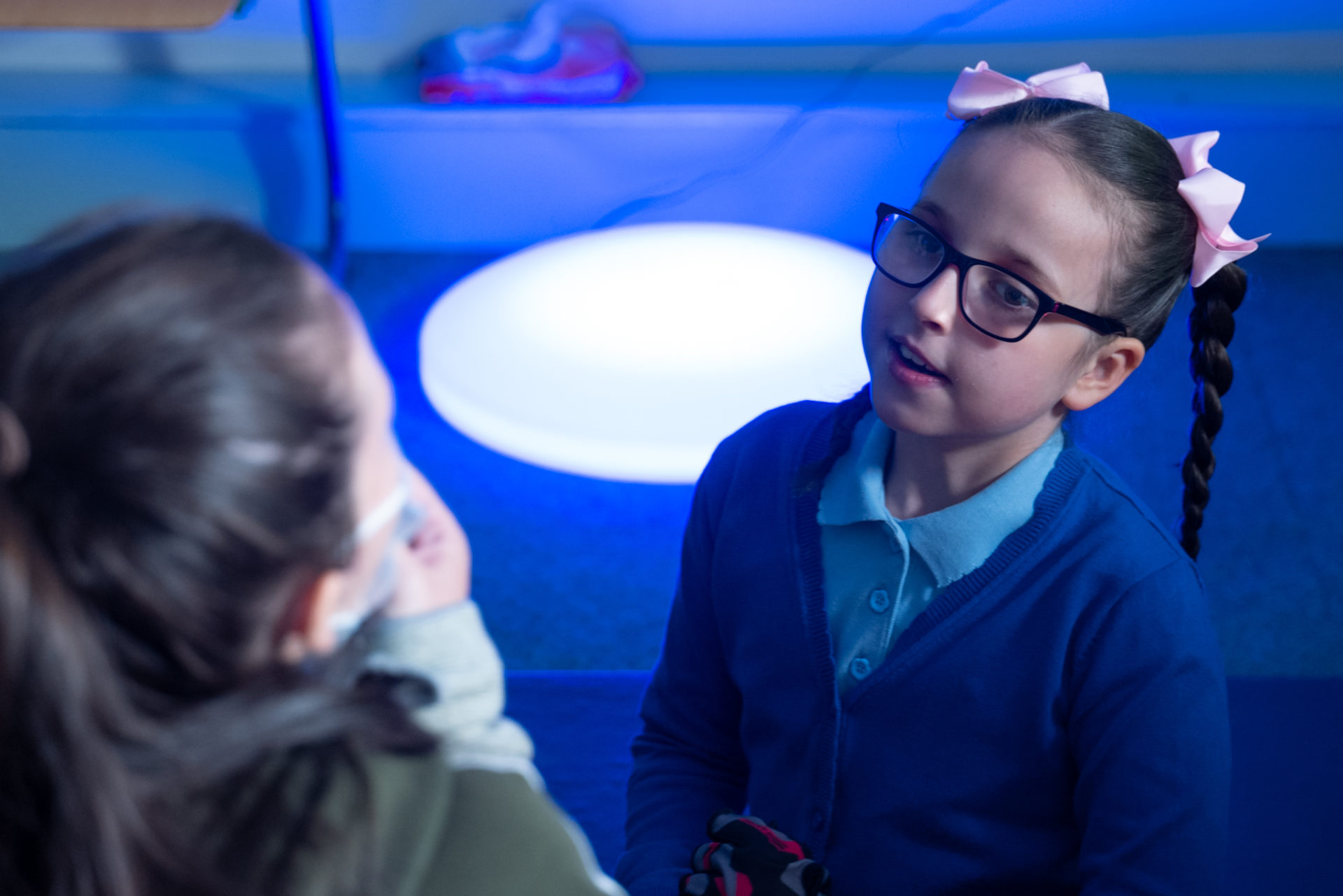
Hearing the news that your child has been given a learning disability diagnosis can be a shock and is difficult to come to terms with for many parents. A diagnosis brings with it new challenges, emotions and difficulties. One of the biggest challenges parents face is coming to terms with the fact that their child’s future will be different than they had imagined. Parents must adapt to this change, but how? Continue reading this insightful guide from Seashell to find out more about dealing with a diagnosis.
Emotions
For parents, after their child is given a learning disability diagnosis, they can be filled with a multitude of emotions. Disbelief, disappointment, anger, shock, guilt and denial are all common for parents trying to deal with their new challenges.
According to Mencap, some parents even describe the moments after the diagnosis as feeling like they were mourning. Emotions for parents will vary wildly in this situation, and that is to be expected. It is normal to feel these types of emotions.
Taking in the information
Immediately after finding out about a learning disability diagnosis, parents are usually handed a tonne of information that can be difficult to comprehend. It can take some time to truly understand everything that’s being explained to them.
Some parents like this step where they can try to absorb as much useful information as possible to try and get ahead of the situation and plan for the future. Others find their emotions very difficult to handle, so tend to just spend time with their child to get to understand them and their situation better.
Over time, those emotions that seem overwhelming at first become easier to control. Many parents discover a strength, a determination and a resolve they didn’t think they had once they discover their child’s learning disability diagnosis. It’s important to deal with it in the way that you feel best suits your and your child’s needs. Whether that means staying close together as a family or allowing others from outside to provide care and support.
What to do after autism diagnosis?
As previously mentioned, dealing with a diagnosis can be extremely upsetting and challenging for parents, but it’s difficult for your child to take too. So, you need to be there for them. How can you do that? Follow our short guide here:
- Give yourself time
- Find help and support services
- Listen to other people’s stories
Give yourself time
For some people, an autism diagnosis is a relief to find out why their child thinks, feels and acts the way they do. For others, it can be a feeling of shock, which is totally normal. Everyone deals with a diagnosis differently, but you just have to give yourself time to process what’s happened and what is about to happen.
Always remember that even if things are hard right now, they will get better and you and your child are still the same people as before.
For people with autism, it’s important to remember that they have things they’re good at as well as things they require help with.
Find help and support services
Our second tip for dealing with a learning disability diagnosis or autism diagnosis is to find help and support where you can. This can come from family and friends, but there is also a wealth of professional support available.
At Seashell, we provide exceptional autism support services.
Listen to other people’s stories
Being a parent to a child with a learning disability diagnosis can feel lonely at times, but just know that there are other people out there in the same boat as you. Listen to other people’s stories about diagnosis and their daily challenges to build relationships and confidence.
Diffability
Many people tend to use the term ‘diffability’, which you may not have heard. It is a play on the word disability which is intended to remove the term’s negative connotations. For example, somebody with Asperger’s syndrome will view their situation as a natural neurological variation, rather than a disorder or disability.
This is a very positive way to look at the situation following a learning disability diagnosis. It can help, not only the parents but the child too. Many people even use different ability vs disability in their wording and outlook.
This helps show children a positive path towards focusing on the things they can do (ability) rather than things they cannot (disability). While parents have to come to terms with a diagnosis, it is the child that has received this diagnosis and must deal, first-hand, with their situation. They are the ones that should be cared for, with a positive, patient and caring attitude at all times.
Support services at Seashell
At Seashell, we pride ourselves on the excellent relationships we build when working with parents of children with SEND, as well as carers and other professionals. Our relationships, alongside our family support services, allow us to deliver positive experiences for the children and young people in our care, whilst simultaneously providing parents and carers with invaluable support.
If you’d like to hear more about what we can do for you at Seashell, get in touch on 0161 610 0100, or email us at info@seashelltrust.org.uk.

